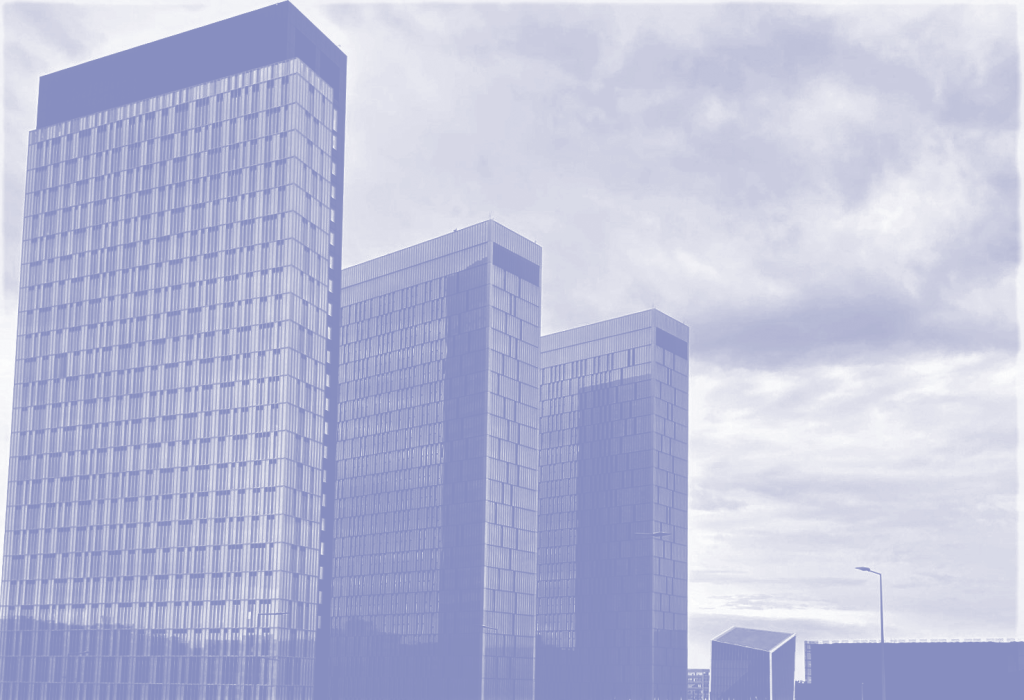Les valeurs européennes à l’épreuve de la guerre en Ukraine

Le retour de la guerre sur le continent européen fait écho à de vieux traumatismes et replonge l’Europe dans le « tragique de l’histoire ». Souvent critiquée pour son approche idéaliste et sa faiblesse géopolitique, l’UE a dû porter un discours et adopter des décisions relevant de la « puissance ». Cette « prise de conscience géopolitique » s’exprime dans le soutien que les Européens apportent à l’Ukraine et se traduit par des décisions concrètes : sanctions économiques et politiques sans précédent, livraison d’armes létales, large accueil des réfugiés, aides économiques, etc. Un tel soutien se traduit dans les enquêtes d’opinion les plus récentes : celles-ci montrent que les Européens sont majoritairement solidaires de la cause ukrainienne et mettent en évidence un renforcement de la cohésion et du sentiment d’appartenance à l’Union.
Si une majorité d’Européens s’accordent pour affirmer que, par son action face à la guerre en Ukraine, l’UE défend les « valeurs européennes », une confusion persiste sur ce que sous-tend ce terme de « valeurs» qu’il convient dès lors de clarifier. Les enquêtes d’opinion montrent que ces « valeurs » renvoient essentiellement aux principes juridiques et politiques issus du libéralisme politique, tels qu’ils ont été développés au cours de l’histoire de l’Europe, affirmés depuis les Lumières, et mis en oeuvre depuis la fin de la Seconde Guerre mondiale dans le cadre de la construction européenne. Ces principes constituent la « valeur » fondatrice de l’Europe : l’Union a d’abord fait la paix et ancré la démocratie avant de faire la force. La guerre en Ukraine met cependant en exergue un certain nombre de paradoxes, voire de contradictions, propres au référentiel spécifique des « valeurs européennes», souvent utilisées par des gouvernements illibéraux pour discréditer le projet européen. Compte tenu de cet usage paradoxal, tant sur le plan politico-juridique que culturel et sociétal, il paraît assez clair que l’usage du terme de « valeur » n’est pas le plus approprié et qu’il convient d’introduire une distinction entre « principes » et « valeurs ». Celle-ci présenterait l’avantage de structurer plus clairement le débat autour de la distinction corrélative suivante entre : d’un côté, l’exigence d’un respect intransigeant et homogène des principes politiques et juridiques fondamentaux par tous les États membres ; et, de l’autre, une approche convergente, mais pluraliste et tolérante des valeurs qui sous-tendent les choix culturels et sociétaux des Européens.
Cette exigence d’« homogénéité politique » est une condition indispensable pour garantir à l’Union une capacité durable à faire face aux défis géopolitiques externes. Le développement d’une souveraineté européenne externe vis-à-vis de puissances telles que la Russie ou la Chine n’aura véritablement de sens que si l’exercice de cette souveraineté permet de défendre et de faire prévaloir les principes qui contribuent à l’identité de l’ordre juridique de l’Union : la « puissance » européenne est ainsi indissociable du sentiment d’« appartenance » lié au respect des principes politiques et juridiques qui fondent l’existence de l’UE et de l’identité (géo)politique des Européens. Pour l’emporter, les Européens doivent maintenir leur cohésion autour de ces principes politiques et juridiques afin d’éviter les divisions. En outre, si la solidarité européenne, perceptible dans les décisions prises par l’UE et dans le soutien de l’opinion publique européenne depuis le début de la guerre en Ukraine, est suffisamment forte pour l’emporter et prouver qu’elle protège efficacement contre un envahisseur potentiel, alors cela créera un lien suffisamment solide entre les États membres pour qu’un consensus sur ces principes soit renforcé, du moins, pour qu’un dissensus partiel ne mette pas en danger tout l’édifice.




